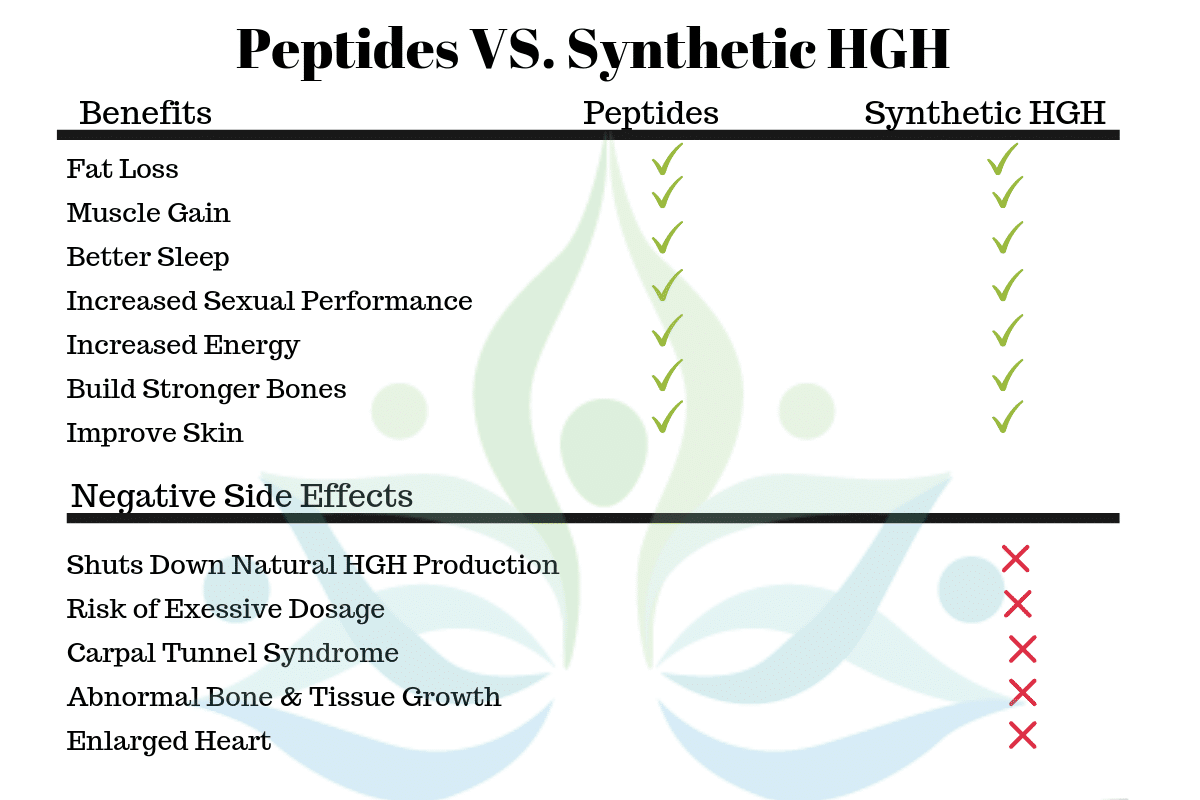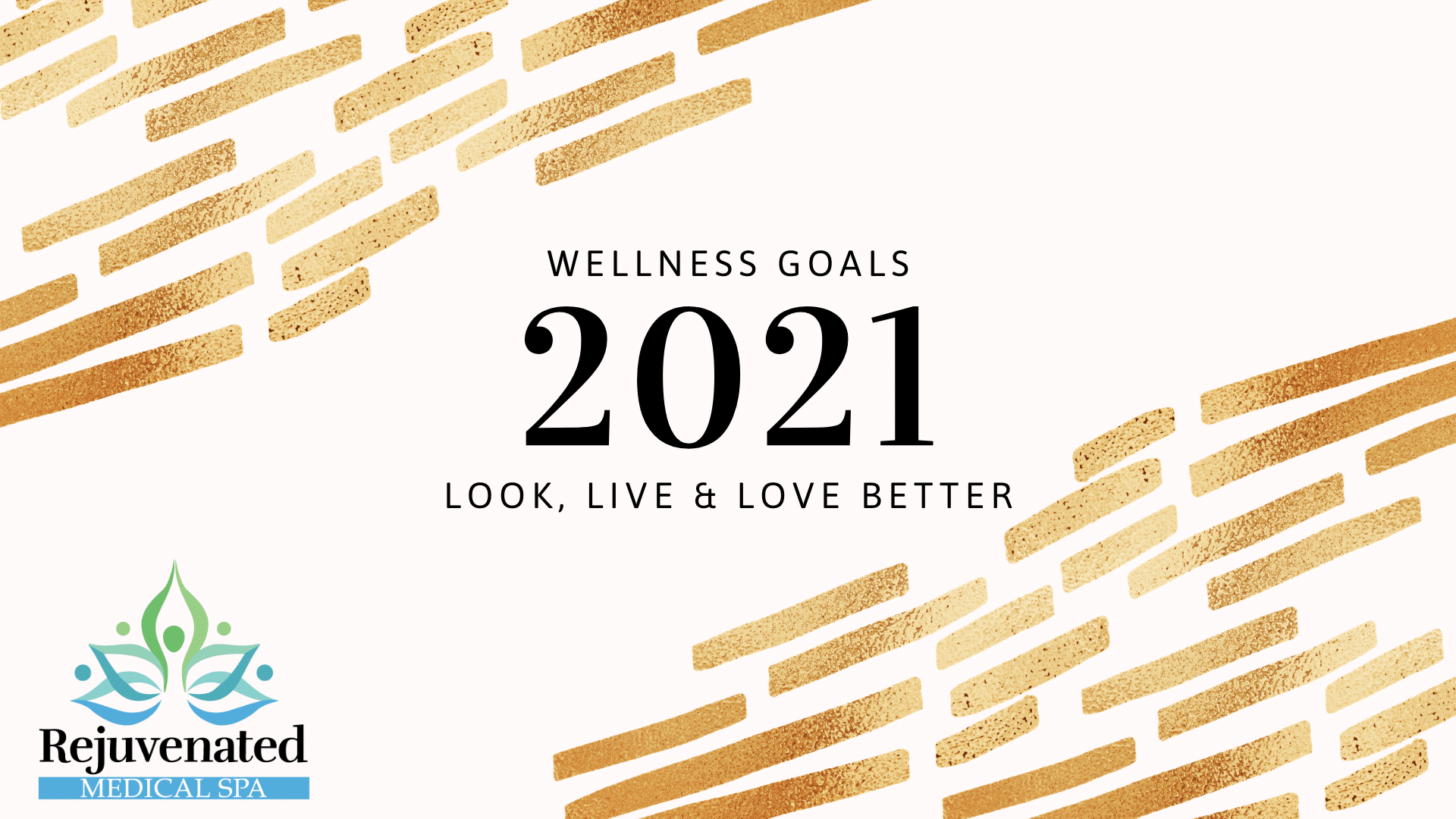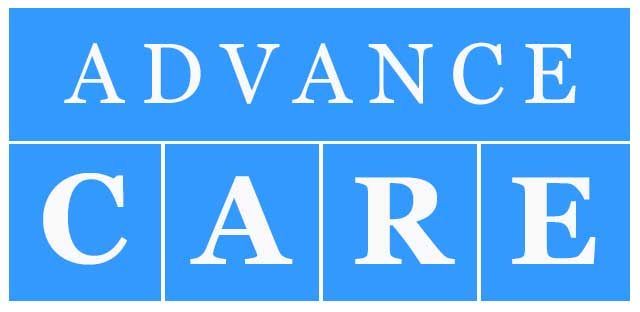Vitamins and Supplements: Are they worth it?

Many of our patients ask about the need for vitamins and supplements. Which supplements should I take? How much? Which brands? Aren’t they all the same?
#1 A good diet will not cut it.
The average American diet leaves a lot to be desired. A balanced diet is a good place to start but it may not be enough as even a healthy diet may be lacking inlong a number of vital nutrients. In addition, many supplements can help improve your health and can alleviate symptoms as well. Soil depletion may be leading to diluted nutrients in our food.
Researchers from the University of Texas (UT) at Austin’s Department of Chemistry and Biochemistry studied U.S. Department of Agriculture nutritional data from both 1950 and 1999 for 43 different vegetables and fruits, finding “reliable declines” in the amount of protein, calcium, phosphorus, iron, riboflavin (vitamin B2) and vitamin C over the past half century. as HIV, hepatitis B or C.
#2 With increase stress, our bodies are taking the hit.
Boil down the findings from American Psychological Association’s recent “Stress in America” survey, and the message is clear: Chronic stress —long-term stress that interferes with your ability to function normally over an extended period — is becoming a public health crisis.
“America is at a critical crossroads when it comes to stress and our health,” says APA Chief Executive Officer Norman B. Anderson, PhD. Most Americans are suffering from moderate to high stress, with 44 percent reporting that their stress levels have increased over the past five years. Lifestyle changes are important to fighting stress.
In addition, there are supplements that can support healthy adrenal gland function (see below) and help your body adapt and deal with chronic stress more effectively.
#3 We must be proactive because heart disease is a life and death matter.
It seems that Americans aren’t getting the message about heart disease. New statistics predict that 45 percent of people in the United States will have at least one issue related to the disease by 2035.
The American Heart Association predicts that costs related to the disease will double from $555 billion in 2016 to $1.1 trillion in 2035. Continue reading to learn what supplements can decrease your risk of heart disease.
Choosing to invest in your health now can improve your quality of life now, help prolong your life, prevent certain diseases, and even save you thousands in future health care costs.
What should I buy? Where should I buy them?
The vitamin and supplement industry has grown dramatically over the last 20 years but with this growth comes confusion. Many herbal supplements and vitamins can enhance health and wellness, but which supplements should you take? A supplement may be beneficial to one person but harmful to another.
The supplement needs of a large man who eats a paleo diet vary considerably from a small vegetarian woman. For example, a woman may need far more iron than a man due to the blood loss of menstruation or a postmenopausal woman may need more calcium and vitamin D to prevent bone loss.
Your specific needs are influenced by your age, diet, medications, genetics, lifestyle, activity level and health conditions. Below I discuss a few of my most recommended supplements and why you should be vigilant in your selection of your supplement sources.
Who should recommend vitamins and supplements for me?
While traditional medical schools do not spend adequate time on nutrition and additional supplements, many physicians pursue continued education on these topics. The first place to start is your primary care doctor.
Many physicians, such as myself, have transitioned into functional medicine and therefore focus much more on nutrition and supplements more than mainstream medicine. Naturopathic doctors, dieticians, and many other healthcare professionals can be great resources as well.
Where should I buy my supplements?
The rapid growth of the supplement industry has allowed the entry of many products of poor quality. While the FDA tries to regulate these supplements, there are just too many to reliably monitor. Even seemingly reliable stores regularly stock vitamins and supplements that do not contain the reported active ingredients or contain other, possibly dangerous, ingredients.
For example, according to the New York State Attorney General’s office, Walgreens, Walmart, Target, and GNC were all found to carry products that did not contain any of the herbs on their labels. They reported that several products contained only fillers like powdered rice and in some cases substances that could be dangerous to those with allergies.
At Walmart, a gingko biloba product was found to contain wheat despite claiming to be wheat and gluten free. Three of six herbal products at Target tested negative for the active herbs listed on the labels. Products at GNC were found to contain legumes and ingredients that could be hazardous to those with peanut allergies. If you would like to read the full New York Times article, here is the link.
One way to help verify that the supplement is of good quality is to see the company is certified by U.S. Pharmacopeia Convention (USP) or NSF international. We carry and recommend supplements from Douglas Laboratories, Metagenics, or those that are branded specifically for our patients.
As the physician and medical director, it is my responsibility to ensure that the supplements I recommend are of high quality.

What Supplements Should I Buy?
As a physician, I recommend vitamins and supplements to my patients based on individual needs and concerns. However, here are several of my most commonly recommended supplements:
Vitamin D3 with Vitamin K
Vitamin D is a fat-soluble vitamin that can be ingested through foods such as fatty fish, dairy products, and eggs, but is mainly synthesized by your skin when exposed to sunlight. Vitamin D has long been recommended for bone health, but it has also been shown to promote transcription of genes that support immune system function and cancer fighting activity.
Recent studies have shown that vitamin D3 alone can increase calcium deposits in the walls of arteries, which can accelerate cardiovascular disease. Vitamin D3 should most always be taken with vitamin K to help prevent the deposition of calcium in the walls of arteries so that you can reap the benefits of the vitamin D3 supplement without
L-Theanine
L-theanine is an amino acid found in green tea leaves. When taken as a supplement, L-theanine can help relieve stress and promote a relaxed state without causing drowsiness.
Many of my patients have even been able to stop taking anti-anxiety medications such as Xanax or Valium by using this supplement.
DIM
DIM, or 3,3’ diindolylmethane, is a compound produced from the digestion of indole-3-carbinol, found in cruciferous vegatables such as kale, cabbage, cauliflower, Brussel sprouts ,and broccoli. Some research has shown DIM to exert control over the growth of cancer cells in breast, uterine, cervical, ovarian, and colon cancer.
DIM is also used for PMS (premenstrual syndrome) symptoms, hormonal acne, enlarged prostate, polycystic ovarian syndrome and several other conditions. I frequently recommend DIM to help alleviate hormonal acne or symptoms of menopause. Women should especially consider this treatment if you have a family history of breast cancer or are on testoerone therapy.
Thyrosol
Many of my patients have thyroid function that is within normal limits of lab results but their thyroid is not functioning as efficiently as it could be. Thyrosol is a supplement from Metagenics that contains key nutrients to help optimize thyroid function such as vitamins A/D/E, zinc, selenium, iodine, and Rhodiola. These nutrients help the thyroid to function more efficiently
Adrenal Gland Fatigue
I frequently recommend two different supplements for support of adrenal function. The adrenal glands secrete a number of hormones that adjust functions of your body based on stress. In times of chronic stress, the adrenal function can become fatigued.
This does not mean your adrenal gland has stopped functioning completely but that it may not be functioning as efficiently as it could. Adrenal fatigue is a condition that is described as suboptimal production of adrenal hormones that can lead to fatigue, sleep disturbances, nervousness, and gastrointestinal issues.
1)Adrenomend is a formulation of 10 herbal extracts with adaptogenic properties designed to support healthy and balanced adrenal gland function. I think this is an important (and frequently overlooked) aspect of health in our modern society. Our stressful non-stop lifestyles and irregular schedules can lead to adrenal gland fatigue, which can limit the body’s ability to adapt to stress and cause issues with metabolism, sleep, and energy.
2)Adrenogen is a formulation of vitamins and herbs to supply your adrenal gland with necessary nutrients for proper function. Adrenogen also contains a supplement of bovine adrenal gland to help boost your adrenal hormone levels while your own adrenal function imoroves. I typically recommend this supplement for a short term benefit before placing patients on Adrenomend for longer term support of optimal adrenal function.
Saw Palmetto
Inside of the body, testosterone can be converted to estrogen products or to DHT. DHT can have harmful effects such as prostate enlargement and hair loss when levels climb.
Saw Palmetto acts to inhibit the conversion of testosterone to DHT to limit the damage caused by this chemical. Men should especially consider this supplement if they are over the age of 40 or on testosterone therapy.
Magnesium Glycinate
This is a great example of how a healthy diet may not be enough as even a healthy and nutrient-rich diet may not contain enough magnesium for an active person. Magnesium helps regulate potassium, sodium, and calcium within your body.
Magnesium is involved in over 300 vital enzyme reactions in your body and these reactions can affect blood sugar control to nerve function to muscle contraction and relaxation. Magnesium can also improve sleep, digestion, and muscle cramps.
Magnesium glycinate is absorbed better than magnesium citrate or magnesium oxide and can provide the benefits of magnesium without causing diarrhea.
Fish Oil/Omega 3 Fatty Acids
Omega 3- Fatty Acids (DHA and EPA) have been extensively studied. These nutrients have been shown to improve many health issues including reduced risk of heart disease, dementia, some mental illnesses such as depression, musculoskeletal inflammation and even help the appearance of skin.
If you are thinking, “wow, that’s a lot,” or “I don’t even know which of those supplements would benefit me,” that’s completely understandable. That is why we are here. We can help determine which vitamins or supplements would benefit you.
Have more questions?
Services
Sitemap
© 2024 Rejuvenated Medical Spa. Site by Luna Marketing. | Privacy Policy | Financial Policy |






